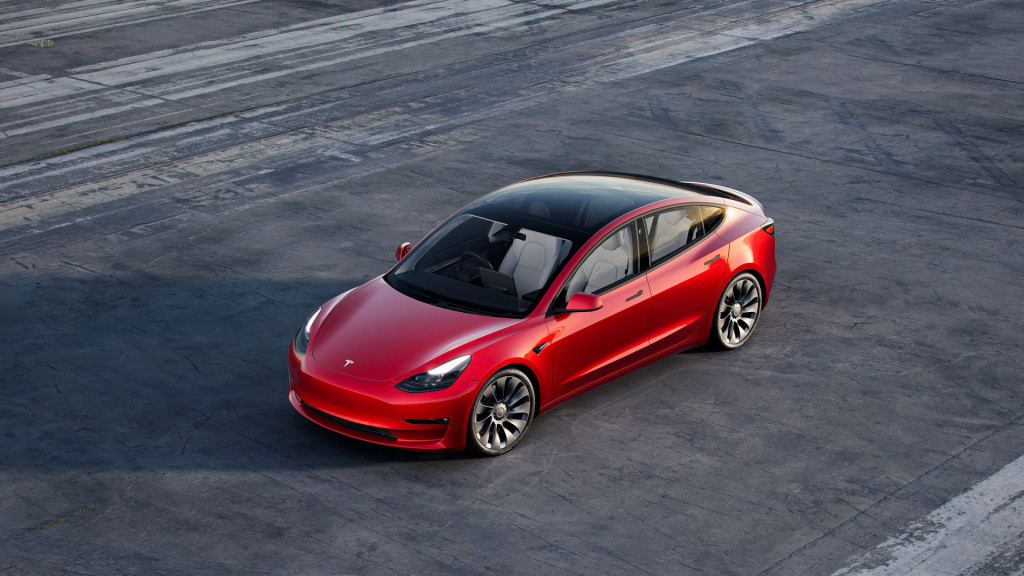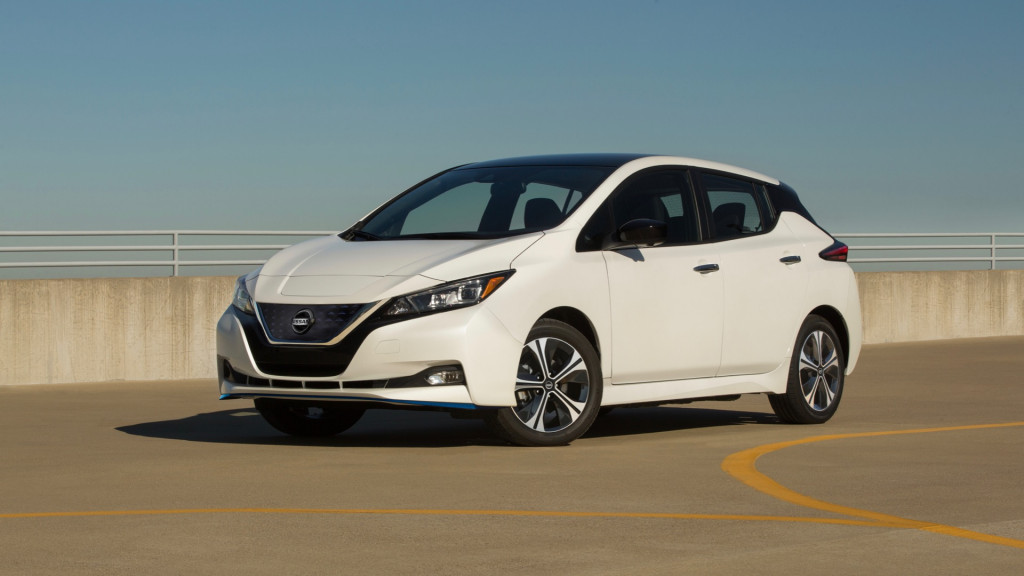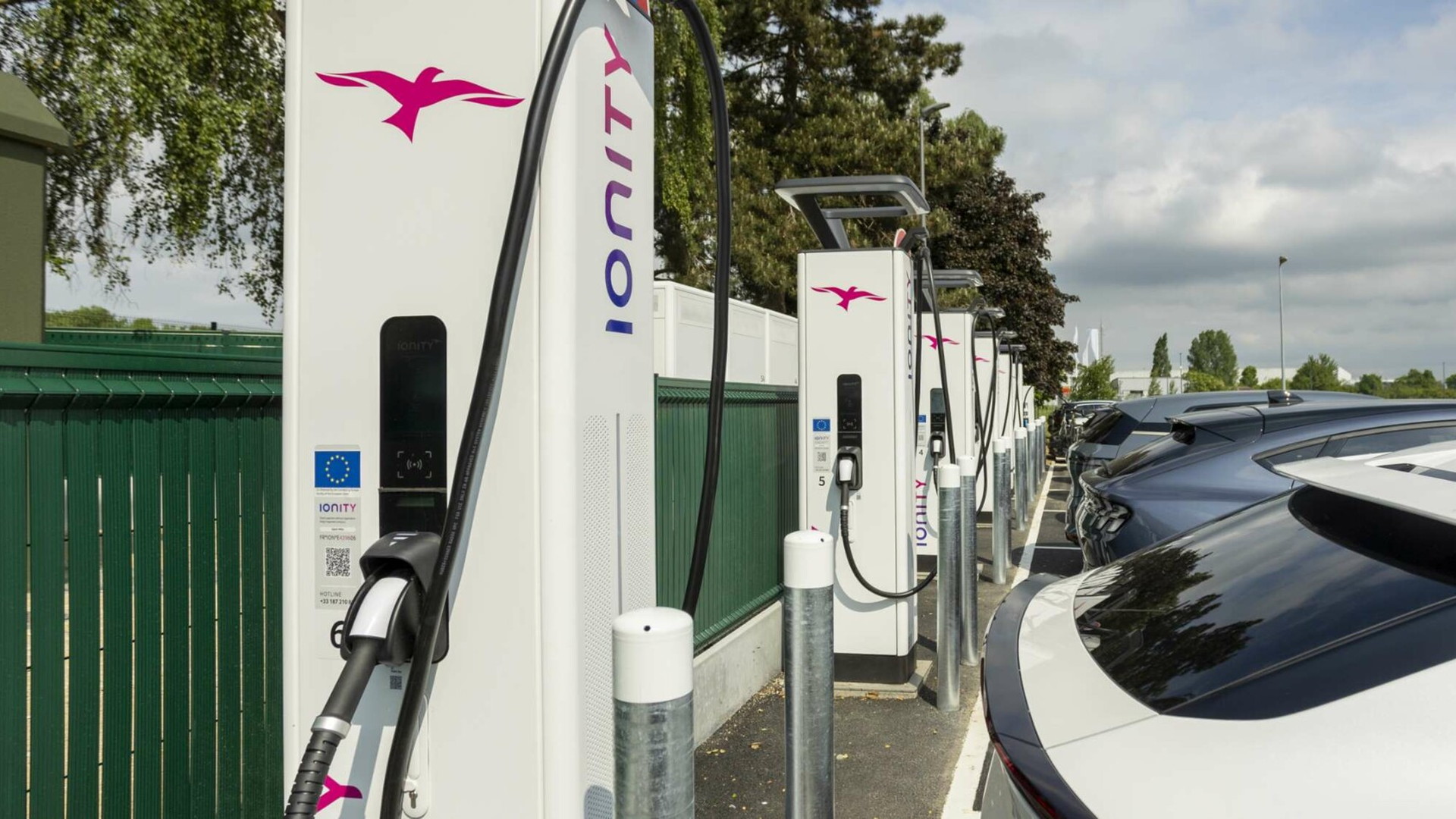EVs—particularly Teslas—are stolen less than internal-combustion cars, according to the Insurance Institute for Highway Safety's (IIHS) Highway Loss Data Institute (HLDI).
The HLDI published its annual list of most-stolen and least-stolen vehicles Thursday, based on the frequency of insurance claims for whole vehicle theft for 2020-2022 models. The Tesla Model 3 and Model Y had the lowest frequency of claims, with the Model X, Model S, and Nissan Leaf also having much lower frequencies of theft claims than the industry average, relative to vehicle population.
That makes for six EVs (the HLDI counts the single-motor and dual-motor Model 3 separately) among the 20 models with the fewest claims for whole vehicle theft, although researchers haven't developed a firm theory as to why car thieves seem to avoid them.

2022 Tesla Model 3
"Typically, electric vehicles are stolen less frequently than other models," and HLDI press release said, offering that, "This may be because they are often parked overnight in well-lit and comparatively secure areas for charging."
Tesla's Sentry Mode—and the possibility of being caught attempting to steal a car on camera—might also have helped. The automaker has also worked to quickly eliminate any cybersecurity issues it might have by working with "white hat" hackers, although data on the rate of EV thefts accomplished via hacking versus more conventional methods is nonexistent.

2021 Nissan Leaf
Hybrids, on the other hand, have become theft targets for other reasons. In 2021, the Toyota Prius became a main target for catalytic converter thefts, spurred by a supply chain upheaval that led to a spike in prices for the precious metals contained in the converters.
Potentially lower chances of theft don't appear to have helped EV owners with insurance. EVs still cost more to insure than comparable gasoline cars or hybrids, likely in part because collision-repair costs tend to be higher for EVs.












